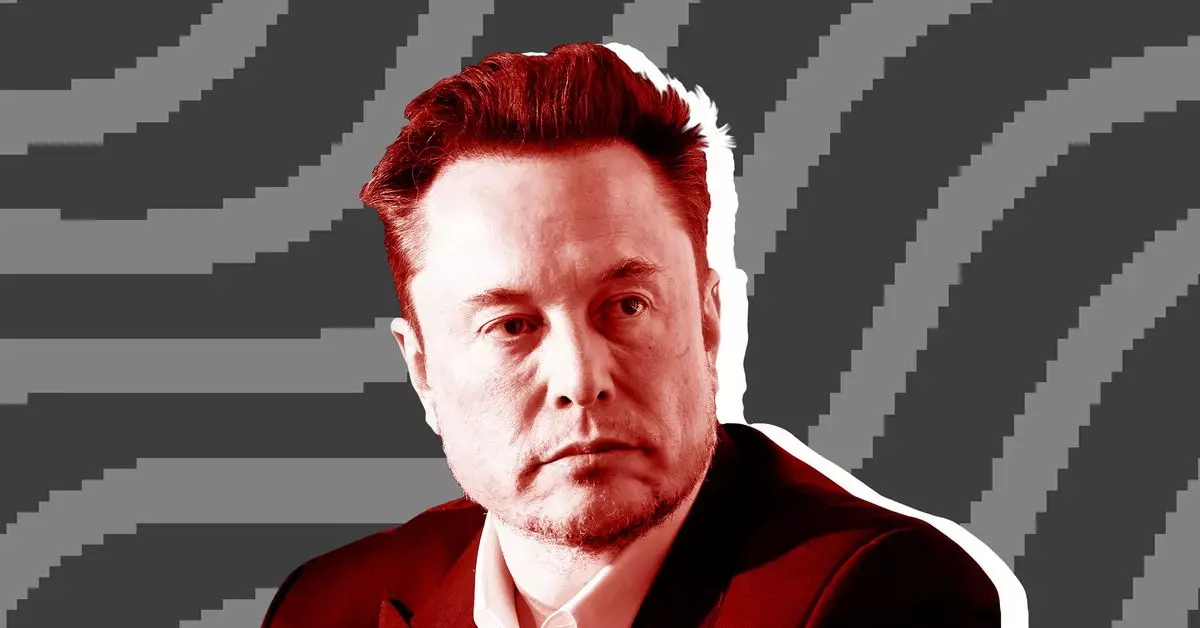In a surprising set of appointments, President-elect Donald Trump has designated tech mogul Elon Musk and entrepreneur Vivek Ramaswamy to head a newly created initiative labeled the Department of Government Efficiency (DOGE). This unprecedented move signals a stark departure from traditional governmental practices, aiming to challenge the entrenched bureaucracy with the promise of innovation and efficiency. But beneath this ambitious veneer lies a multitude of questions, concerns, and potential pitfalls.
The purpose of the DOGE is outlined as dismantling government bureaucracy and slashing superfluous regulations. However, the magnitude of Trump’s ambitions raises eyebrows; Musk has alluded to slashing government spending by at least $2 trillion. The implications of such cuts would be staggering, often viewed as politically and logistically impossible. Experts have sounded alarms about the distinct possibility that these cuts may target essential programs such as Social Security and defense spending, which are often considered untouchable due to their critical roles in American society.
While the mission statement of DOGE boldly claims to “drive out the massive waste and fraud” from a staggering annual federal expenditure of $6.5 trillion, the feasibility of these goals remains questionable. Many skeptics argue that the proposed plans make grand promises while lacking a concrete roadmap. This stark contradiction highlights the gap between aggressive goals and the reality of governance, which is fraught with social and political complexities.
One of the most striking features of this initiative is Musk’s and Ramaswamy’s positioning as outsiders to the government. The conceptual vision of an entrepreneurial approach to governance may resonate with some voters tired of bureaucratic stagnation, yet it raises fundamental concerns about expertise and accountability. Should individuals with limited governmental experience wield such significant influence over large-scale reforms?
Further complicating this dynamic is the idea that DOGE will operate “outside of government.” The vagueness surrounding how this will function raises concerns about transparency and the potential concentration of power in non-elected officials. By establishing a department that operates outside the conventional structures of government, critics warn of a potential erosion of democratic checks and balances.
As if the political implications weren’t enough, Musk’s influence extends to the financial realm. Notably, the price of Dogecoin surged following his appointment, signaling a strange intertwining of technological innovation, social media presence, and governmental policy. This peculiar relationship between cryptocurrency and governance adds layers of unpredictability and speculation as the DOGE initiative unfolds.
Musk’s well-documented social media presence may also shape public perception and momentum for the proposed changes. His rhetorical style has proven compelling for many supporters; however, it also raises concerns. Can government reform be led by virality and trending topics? There is a fine line between engaging the public and navigating significant legislative challenges effectively.
Trump’s vision—evidently shared by Musk and Ramaswamy—aims to resonate with a general populace eager for change. The promise of sweeping reforms sounds appealing, especially to those who feel burdened by governmental inefficiency. Yet, embarking on such a radical overhaul is fraught with danger. The faith in an outsider couple to revolutionize government poses more questions than answers. Will they embrace the systemic complexity of governance, or will their outsider mindset be a hindrance?
The ultimate deadline of July 4, 2026, coinciding with the 250th anniversary of the Declaration of Independence, amplifies the urgency of this mission. It raises a pivotal question: could these proposed reforms emerge as a “birthday gift” to the nation, or will they manifest as a poorly-executed dream laden with consequences?
The establishment of the Department of Government Efficiency presents a fascinating intersection of politics, technology, and entrepreneurship, yet it lays bare the uncertainties and complexities of attempting large-scale reform in a multifaceted governmental landscape. As the public watches this evolution unfold, it remains to be seen whether this initiative will triumph or falter amidst the unpredictable tides of political reality.

